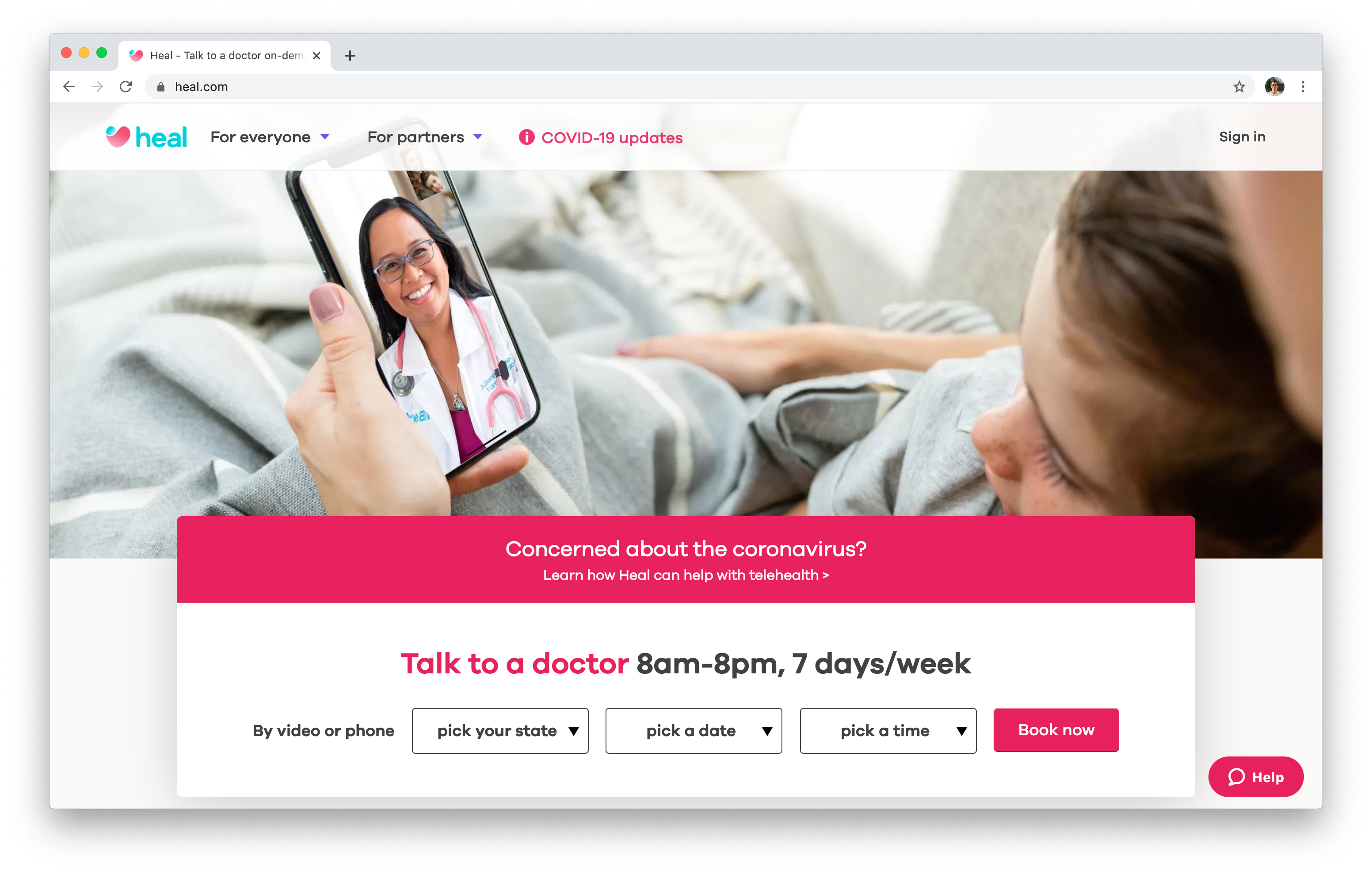The Future of Medication: Discovering Subscription Based Healthcare Designs
The Future of Medication: Discovering Subscription Based Healthcare Designs
Blog Article
The Surge of Subscription-Based Healthcare and Its Effect On Person Care
As medical care evolves, the subscription-based model is getting grip, assuring to reinvent client treatment by supplying predictability and accessibility. These versions, which bypass conventional insurance coverage, can redefine the patient-doctor dynamic, emphasizing preventive and customized treatment. As with any kind of development, they present challenges, particularly worrying equitable accessibility for all socioeconomic teams. The potential for these versions to improve health care shipment raises pressing inquiries concerning their long-term sustainability and inclusivity. Are these membership services the future of healthcare, or do they take the chance of leaving prone populaces behind? The intricacies of this shift warrant a better assessment.
Comprehending Subscription Healthcare Models
Realizing the principle of registration healthcare designs entails checking out a transformative method to medical services that stresses price and access. These versions, frequently described as straight medical care (DPC) or concierge medication, have arised as cutting-edge choices to traditional fee-for-service medical care systems. Registration health care permits clients to pay a set monthly or yearly charge for a defined set of medical services, which might include unlimited office sees, routine exams, and fundamental lab tests, without the need for standard insurance policy invoicing.
The framework of membership healthcare models is developed to improve individual care by eliminating third-party payers and complex invoicing codes, thus reducing administrative burdens. Health care service providers can concentrate much more on client care, promoting more powerful patient-provider connections. This version also promotes preventative care by encouraging regular brows through, as the economic obstacle of per-visit charges is removed.
The membership model often empowers doctor to manage smaller individual panels, enabling more customized treatment. It straightens financial motivations with individual health and wellness results, as carriers are encouraged to preserve individual satisfaction and health. Generally, comprehending subscription healthcare versions calls for identifying their prospective to reshape how treatment is provided and accessed.
Advantages for Individuals and Carriers

With a consistent income stream, healthcare professionals can devote more time to each patient, leading to an extra personalized and extensive treatment experience. The focus on preventative care within membership strategies can lead to better individual outcomes and decreased long-lasting healthcare costs.
Issues and challenges
While subscription-based healthcare versions existing many benefits, they additionally come with a set of difficulties and concerns that have to be addressed. This increases moral inquiries regarding fair accessibility to healthcare services.
Financial sustainability of subscription-based designs is another issue. Providers need to balance the fixed revenue from registrations with the variable prices of healthcare services, which might fluctuate Home Page because of unanticipated medical needs. This can create pressure to limit solutions or increase charges, potentially influencing client fulfillment and care quality.
Furthermore, regulatory oversight of subscription-based medical care designs is still advancing. Resolving these challenges is vital for the equitable and successful application of subscription-based health care.
Influence On Patient-Doctor Relationships
One significant impact of subscription-based healthcare models on patient-doctor partnerships is the possibility for improved connection and personalized treatment. By adopting a subscription design, physicians can manage a smaller sized patient panel, allowing for even more committed time with each person. This enhanced availability fosters a deeper understanding of a person's clinical background, way of life, and choices, making it possible for a lot more tailored therapy plans and treatments.

Nonetheless, it is very important to recognize that while subscription-based designs might profit those that can afford them, they might accidentally expand health care variations. Individuals that are unable to join these models might experience lower access to personalized treatment, potentially impacting their connections with healthcare providers. Thus, while the subscription design uses promising advantages for patient-doctor connections, it also presents challenges that require to be dealt with to make certain equitable healthcare accessibility.
Future of Health Care Accessibility

The duty of innovation can not be forgotten in this transformation. Telemedicine systems and electronic health and wellness records facilitate smooth communication in between patients and healthcare companies, damaging down logistical and geographical obstacles. In addition, developments in expert system and information analytics can even more personalize medical care by forecasting client demands and enhancing therapy strategies.
However, the future of medical care gain access to additionally presents difficulties, such as ensuring equity my site throughout various socio-economic teams. Policymakers and doctor must team up to bridge the electronic divide, making sure that subscription-based designs remain economical and comprehensive. As these systems develop, they hold the assurance of a fantastic read making medical care more available, effective, and patient-centric.
Conclusion
Subscription-based health care versions are improving client care by offering a stable expense framework and boosting ease of access. These designs reinforce patient-provider connections through customized care and routine brows through, highlighting preventative health. Despite these benefits, challenges such as accessibility problems for low-income populaces and the demand for equitable healthcare options persist. The surge of subscription-based health care urges positive client engagement, which has the prospective to enhance client end results and fulfillment, signaling a transformative shift in medical care shipment.
As healthcare advances, the subscription-based version is gaining traction, guaranteeing to revolutionize person treatment by using predictability and accessibility.Subscription-based health care versions supply distinct advantages for both people and carriers, boosting the total medical care experience.As healthcare systems evolve, the future of health care gain access to often hinges on the assimilation of ingenious models and technologies.Subscription-based healthcare versions are improving person treatment by giving a secure expense structure and boosting availability. The surge of subscription-based health care motivates aggressive person interaction, which has the potential to boost individual end results and satisfaction, signifying a transformative change in healthcare shipment.
Report this page